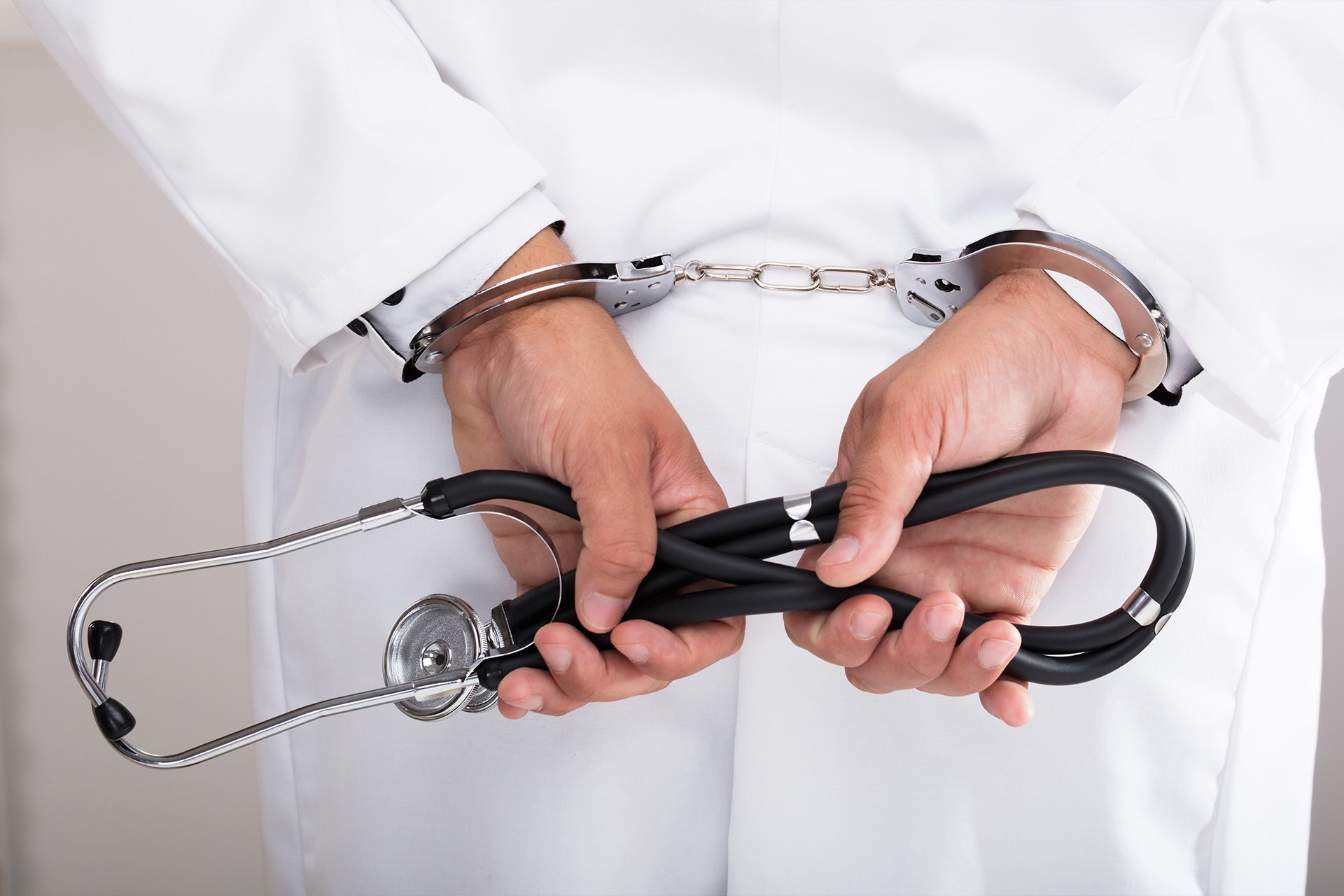Can I Sue A Doctor For A Misdiagnosis?
An incorrect diagnosis can severely impact the life of a patient, both physically and mentally. A person affected by this can have a worsening of the symptoms, as well as the mental struggle of the treatment not working.
Because such scenarios don’t seem all that devastating on the surface, we get many questions from concerned people, one of the more frequent ones being “can I sue a doctor for a misdiagnosis”.
As a matter of fact, you can. Regardless of whether the misdiagnosis pertains to an illness or an injury, it still falls under the umbrella term of medical malpractice.
Continue reading to learn everything you need to know about filing a malpractice suit against your physician.
What is a misdiagnosis?
Generally speaking, a misdiagnosis occurs when a doctor misreads test results or establishes a wrong diagnosis. This can make the underlying condition worse, result in harm, delay an accurate diagnosis, and in the worst-case scenario, cause death.
A misdiagnosis violates the medical standard of care according to which correct treatment and proper diagnosis must always be established. As such, the question of “can I sue a doctor for misdiagnosis” is redundant as grounds for a medical malpractice suit are clear.
Some of the most commonly misdiagnosed conditions include:
- Asthma - often mistaken for bronchitis
- Lyme disease - misdiagnosed as mononucleosis, flu, or even depression
- Heart attack - misdiagnosed as panic attack or indigestion
What to do if you feel worse after your appointment?
Feeling worse after your appointment doesn’t necessarily mean you were misdiagnosed. Still, it’s best if you go to an emergency room right away. Your health is the most important thing so make sure to follow your doctor’s orders, get additional care, and avoid procrastinating.
Legally speaking, taking the actions described above is necessary and referred to as mitigating the damages. It’s very important to do everything in your power to get better because in medical malpractice cases, the actions of the patient are scrutinized as closely as those of a doctor. Failing to take necessary steps can be interpreted as fraudulent and the defendant will most likely claim the patient attempted to exacerbate their injury or condition on purpose.
Even if you’re 100% a victim of professional misconduct, you still need to take care of your health as there is a high chance you won’t be able to recover compensation for injuries that occurred while you were waiting around.
What to do if you think you’ve been misdiagnosed?
If you feel something is wrong after coming back from the doctor’s and your condition seems to be taking a step back toward recovery, trust your instincts. We recommend either going back to the doctor who established the original diagnosis or asking another physician for a second opinion.
It’s important to note that the statute of limitations (the amount of time you have to file a claim) is two years so you have plenty of room to put all your energy into recovery.
Yet, it’s also a good idea to involve a medical malpractice attorney. Most law firms offer free consultation during which an attorney can review the documentation and determine whether you even have the case. That way, you can avoid wasting time on something that won’t go anywhere.
How to prove a misdiagnosis?
To bring a successful malpractice suit, you need to prove the existence of the following elements:
- Duty of care
The first element is pretty easy to prove - due to the doctor-patient relationship, a physician is implied to have the duty of care. To put it differently, they had a duty to act as a reasonably competent medical professional while providing you with a diagnosis.
- Breach of duty of care
After you figure out the answer to “can I sue a doctor for a misdiagnosis, you should focus on proving that the duty was breached. This means establishing whether another competent medical professional in the same field would have been able to make the right diagnosis.
- Causation
To be able to file a medical malpractice suit, the diagnosis must cause actual harm. We’ll give you an exaggerated example to make this a bit easier to grasp:
Let’s say a doctor misdiagnosed someone with bronchitis, rather than asthma. If this patient was involved in a car accident the next day, the misdiagnosis doesn’t have anything to do with their death. In this example, a family can’t sue the doctor for damages because it didn’t contribute to the event in any way.
- Damages
A successful medical malpractice case also relies on the damages, iI.e. has the misdiagnosis led to measurable losses?
You may have had the flu and the doctor improperly diagnosed you with migraines - the catch here is that they prescribed you Tylenol, which cured your flu by accident. While you were misdiagnosed here, you didn’t suffer any damages, meaning you don’t have the grounds for a malpractice suit.
Naturally, all of the elements above must be corroborated by evidence, which is why it’s best to gather all the paperwork from around the time of the treatment to any medical interventions you get afterward.
The paperwork will help prove the physician had a duty of care, show negligence, and provide your attorney with plenty of initial information to start building your case.
You may also require a differential diagnosis, which may demonstrate that your physician made an obvious mistake. If the case goes to trial, your attorney will hire an expert witness to provide a differential diagnosis.
Pursue justice with Chakour Law
Whatever the reason is you got misdiagnosed, you deserve to be fairly compensated for your troubles.
If you think you have a malpractice case on your hands, reach out to Chakour Law. We exclusively work with medical malpractice victims and possess the expertise and experience to handle the most complex medical issues.
We have an attorney on staff who used to be a surgeon and another who holds a board certification in medical malpractice. This level of expertise is unprecedented in Florida, so if you want to increase your chances of success, the choice of an attorney is clear.
We’ll review your case for free - just call (833) 633-6257 or fill out our
contact form to get started.
Note:
The information in this blog post is for reference only and not legal advice. As such, you should not make legal decisions based on the information in this blog post. Moreover, there is no lawyer-client relationship resulting from this blog post, nor should any such relationship be implied. If you need legal counsel, please consult a lawyer licensed to practice in your jurisdiction.
Disclaimer: The information on this website and blog is for general informational purposes only and is not professional advice. We make no guarantees of accuracy or completeness. We disclaim all liability for errors, omissions, or reliance on this content. Always consult a qualified professional for specific guidance.
RECENT POSTS






